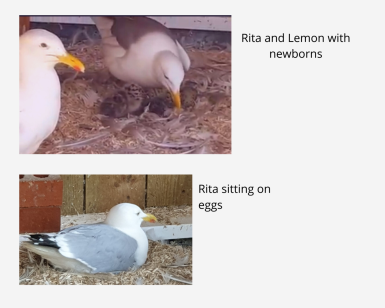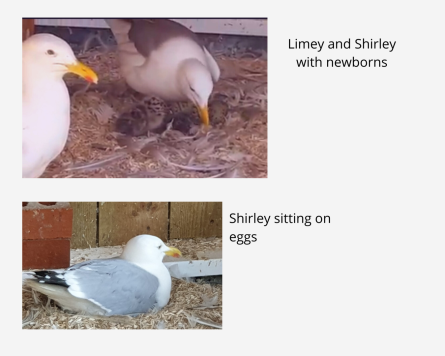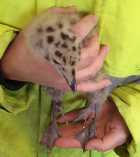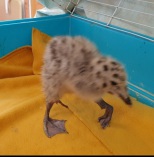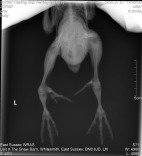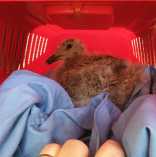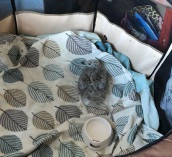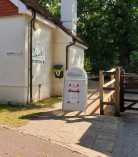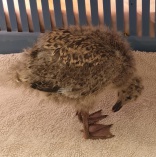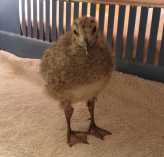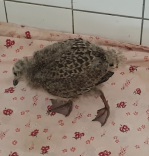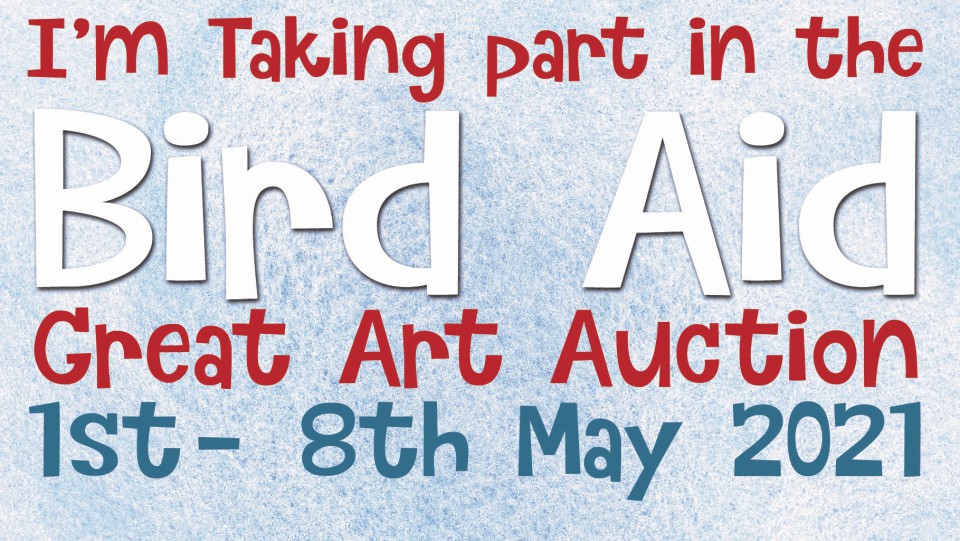
(Scroll down for more articles)
How has covid affected us?
Our first problem was sourcing food. Once lockdown came in people were stockpiling animal
food and bedding. Although this calmed down later our food costs have been even higher than usual as we have to buy whatever is plentiful, however expensive. Unlike other rescue centres, our gulls
are not fed cheap food. They get a diet which consist mainly of meat or fish with occasional soaked cat food.
Despite the current problems we have still taken in over 400 birds over the summer from all over Southern England. Many of the adults and babies have come in painfully thin, possibly due to a
decrease in food supply. We still have over 50 babies to look after and will not release these until they are in good condition and have reached a good weight. Unfortunately, a bad start in life
takes a long time to recover from. Every extra week that the babies are kept is another week of increased costs and workload. Rescue work is all day, every day with no respite, especially in our case
as we have so many permanent birds. Thank you to the people who have enquired about volunteering. We will have to limit the numbers due to continuing worries about Covid. This increases our workload
but also decreases our chances of catching this disease. I'm sure we all want to get back to normal as soon as possible.
<< New text box >>
NEWS FROM OUR CHARITY SHOP
Pre lockdown everything was running smoothly but since
reopening in June things have been very challenging in many ways. Volunteers were still isolating and we were only able to open restricted hours. I’m pleased to say that we are now back to our
normal trading hours, Monday to Saturday 10am - 5pm, and delighted to have welcomed back the majority of our wonderful volunteers but regrettably we are still missing some of them and hope they
return soon.
Donations are always greatly received, however, many donors have seen lockdown as an opportunity to have a clear out and have sadly dumped unsaleable goods on our step which costs us time and money
to sort and dispose of. Please do think about whether the goods you are donating are clean, complete and most importantly, saleable. We rely on the public’s generosity to stock our shop and do not
like to refuse donations but there are exceptions sometimes.
We are proud of our shop and ensure it is well stocked with a huge array of goods including clothing, shoes, bags, jewellery, toys, books, DVD’s, bric-a-brac and quality collectables. We have always
ensured it is clean, bright and tidy and you are guaranteed a warm welcome and friendly smile. With the current situation we respectfully ask ALL customers to use our hand sanitiser at the entrance,
with no exceptions, and to wear a mask or face covering unless you have a valid reason not to. We want all our volunteers and customers alike to stay safe whilst in our shop and to have an enjoyable
shopping experience.
Please come along and visit us and pick up a bargain in the knowledge that every penny you spend goes towards helping to run our gull rehabilitation centre in Hempstead Lane and to helping
vulnerable adults in the local community.
Stay safe
Fond regards, Lynne and team x
HOME GROWN BABIES
Rita and Lemon, Limey and Shirley have been married for a couple of years, but have never hatched any chicks before. This year both couples hatched 3 chicks each. We monitored their progress daily and were worried that they may wander off and get pecked by the other birds. What happened was a master class in parenting. Both couples were so protective that all the other birds kept well away from the nest area. Occasionally one would get too close at feeding time, but they would soon be told to push off. It was interesting to see how the two couples maintained their own small territory so that, although they were next to each other, there was no breaching of boundaries.
They did so well that we decided to leave the chicks to be reared to
fledgling size. There was one who was removed, as they were not getting enough food, but the others grew to a huge size and soon ventured out and mingled with the colony. Once we could see that they
were more independent we caught them and released them along side our other babies. Although we don't aim to breed from our gulls, it shows that they are living a full and happy life. If numbers of
Herring gulls decline even further, then it will be good to know that they can breed in captivity, even from disabled birds.
Feathered Friends
We had a call from Tony at Wras in July 2020. "We have a four footed baby gull, would you like him?" Our answer was "Yes, of course".Here is Jake's story in pictures.

